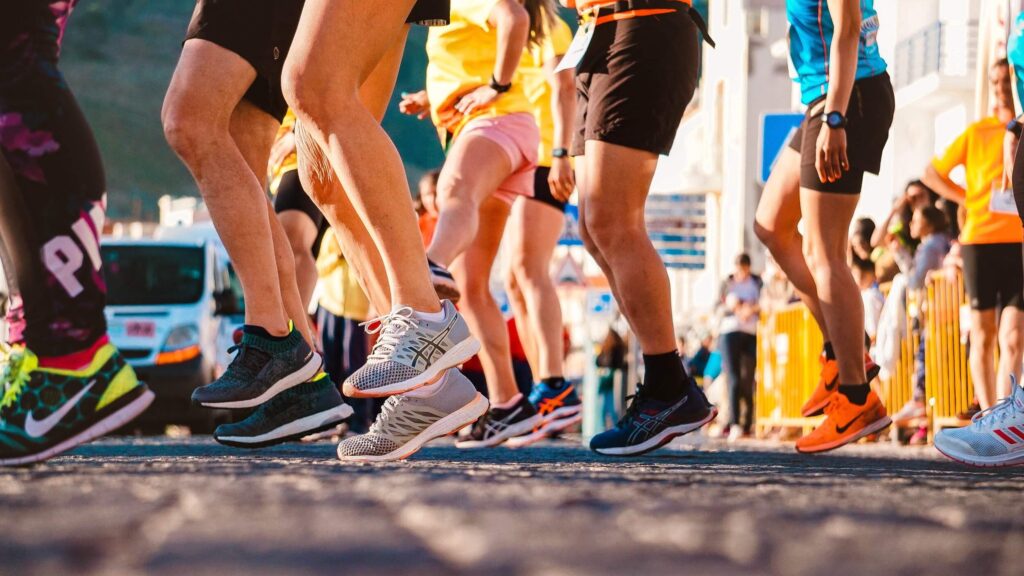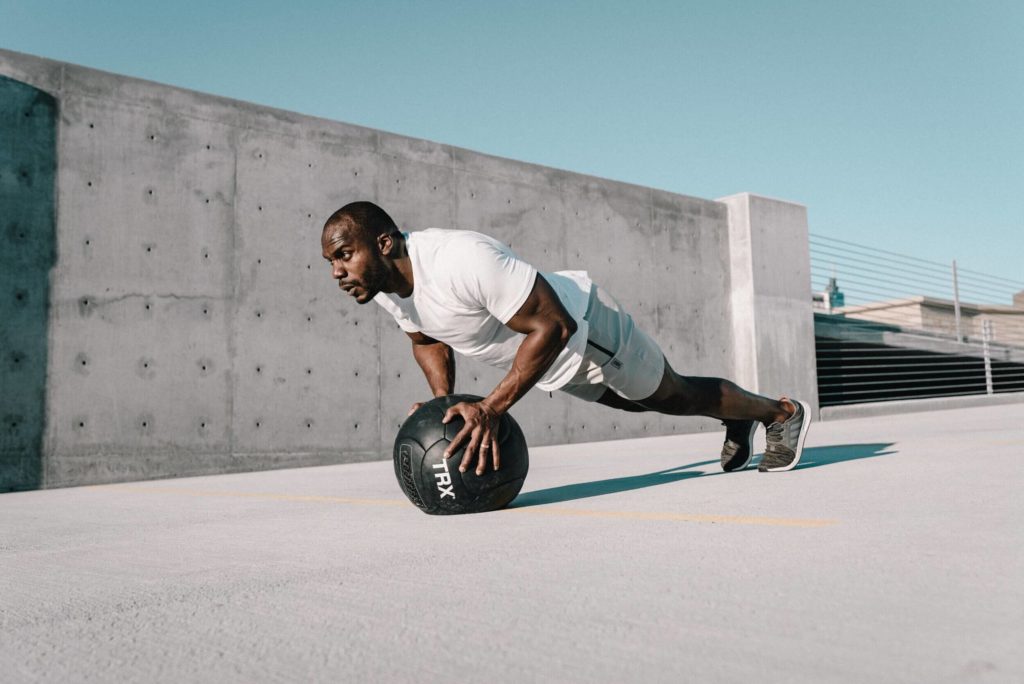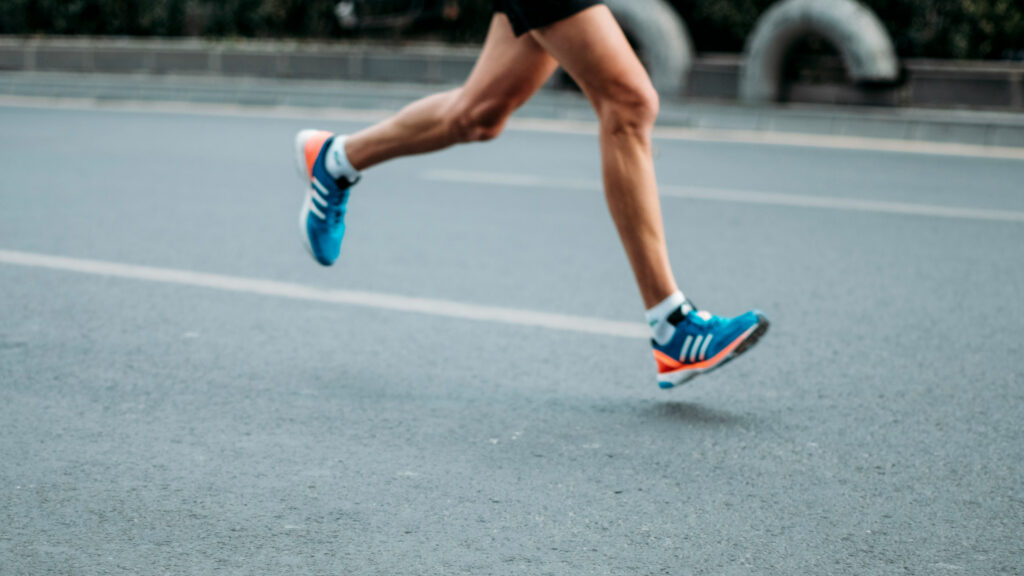A field of study known as exercise immunology explores the effect that exercise, both in the short and long term, has on various aspects of immune function. There is evidence that a single bout of strenuous and prolonged exercise reduces the response of the immune system and puts an individual more at risk of acquiring an infectious disease. On the other hand, moderate exercise in the long term has been shown in some research to improve immune system response.

Highlights
- The benefits of exercise training are well known and documented for individuals competing in sport,
- At a time when the world is faced with infectious-disease pandemics, especially of the upper respiratory tract, such as COVID-19 and SARS, it makes one question the role exercise has to play in moderating the immune system with respect to communicable diseases.
While the evidence discussed above may seem contradictory, have a look at the figure below to further understand the issue.

(Adapted From Nieman, C., Johanssen, and Lee, 1989)
As shown in the figure, the relationship between exercise and infection risk can be described with a ‘J curve’. Individuals who engage in regular, moderate exercise have improved immune function and hence a reduced risk of contracting upper respiratory tract infections (URTIs) such as cold, sore throat and flu, in comparison to individuals who are sedentary. However, those who engage in intensive, high-volume exercises have reduced immune function and hence are at a higher risk of contracting URTIs.
This means that individuals who are inactive or sedentary have a less robust immune system and are therefore more vulnerable to infections than those who participate in a moderate amount of exercise. Engaging in regular exercise training also helps to reduce lifestyle diseases such as heart disease, metabolic syndrome, diabetes, overall well-being and lifespan.
Thus, it is beneficial for the general population to engage in regular exercise not only to improve overall health but also to enhance immune function.
With respect to those participating in intense training, there are a few more caveats to bear in mind. It is generally seen that athletes, particularly those who have to train a lot—for instance, those going through a concentrated loading or overreaching phase, endurance and ultra-endurance athletes as well as athletes who overtrain or underfuel—seem to be more at risk of compromised immune systems.
Other important factors, such as lack of sleep, under-recovery, nutritional deficiencies and life/psychological stresses also contribute to reducing the function of the immune system and putting a person more at risk of infection. There is also evidence that the period immediately after an intense and long bout of exercise (90 minutes or more) leaves a person temporarily more susceptible to infection.
Even though there are many aspects related to lifestyle and exercise that might adversely affect your immune health, there are several management strategies and measures that can be incorporated into one’s routine in order to mitigate the risks of a compromised immune system, so that one can continue to engage in strenuous exercise training. These include nutritional changes, lifestyle-related factors, hygiene practices and proper management of one’s training load. Ultimately, the benefits of regular exercise far outweigh the risks for the general population, including in maintaining immune function.
Disclaimer: The contents of this article are for general information and educational purposes only. It neither provides any medical advice nor intends to substitute professional medical opinion on the treatment, diagnosis, prevention or alleviation of any disease, disorder or disability. Always consult with your doctor or qualified healthcare professional about your health condition and/or concerns and before undertaking a new healthcare regimen including making any dietary or lifestyle changes.
References
- https://www.sciencedirect.com/science/article/pii/S266633761930006X
- 96.https://www.researchgate.net/profile/David_Nieman/publication/20888836_Infectious_episodes_in_runners_before_and_after_the_LA_Marathon/links/54ada7730cf2828b29fcb17d/Infectious-episodes-in-runners-before-and-after-the-LA-Marathon.pdf
- https://pubmed.ncbi.nlm.nih.gov/26563736/
- https://www.amjmed.com/article/S0002-9343(06)00782-0/fulltext
- https://pubmed.ncbi.nlm.nih.gov/12547749/#:~:text=The%20results%20indicate%20that%20both,immune%20function%20in%20elderly%20subjects.








